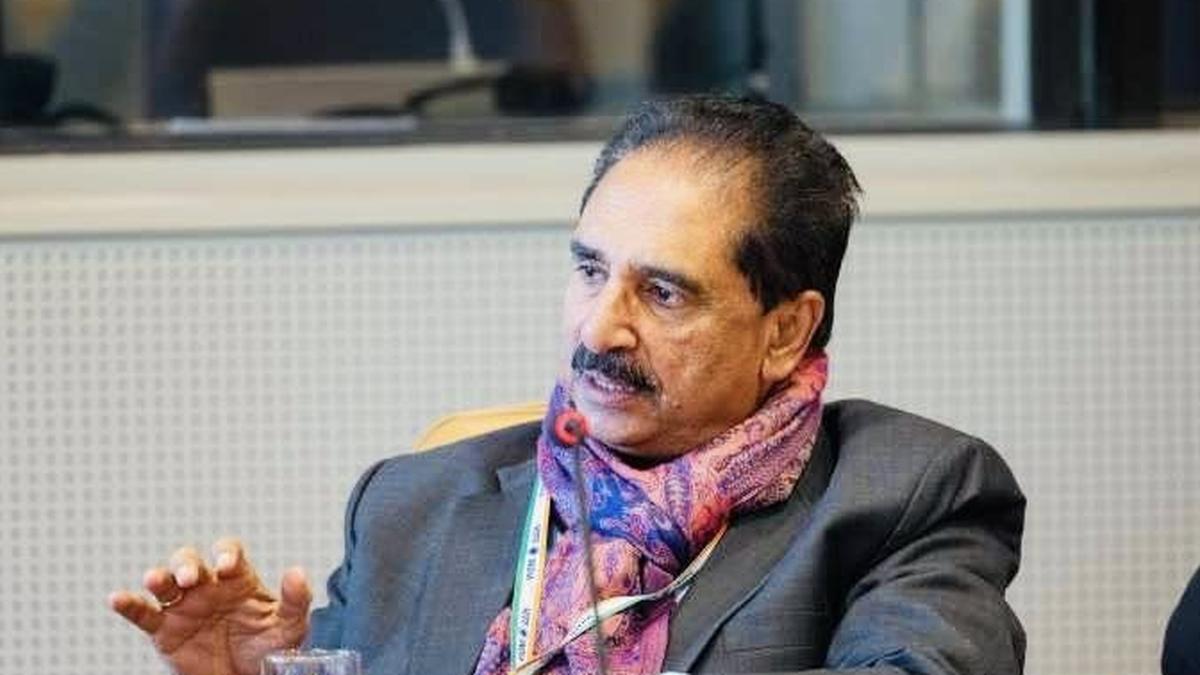Business travel is expected to go past pre-pandemic levels as meetings, conferences and exhibitions are being held offline
Business travel is expected to go past pre-pandemic levels as meetings, conferences and exhibitions are being held offline
When the pandemic forced officer-goers to work remotely, much of the corporate travel ground to a halt. Those who served the travel segment were worried that exposure to virtual video-conferencing and event platforms may mean a death knell for business travel. But two years later, there has been a “360-degree change”, according to a leading airline in the country.
IndiGo, which controls 56% of the aviation market, saw 100% recover in corporate or business travel in April and May and expects the demand for it to soon exceed pre-pandemic levels, according to its Chief Strategy and Revenue Officer, Sanjay Kumar.
“The pandemic has created a new segment of travel, which includes those who used to normally travel by train but have since been exposed to air travel and are now continuing to remain with this mode of travel,” Mr Kumar explains. The second factor, he says, is the MICE (Meeting, Incentive Travel, Conferences and Exhibitions) travel.
“From the last two years there were no meetings, conferences and exhibitions, and now all of a sudden we are seeing a huge number of these activities upping corporate travel,” says Mr Kumar. The new air travellers as well as MICE travellers are much bigger than pre-Covid level, according to him
“This is really helping the ecosystem of travel industry – hotel rooms are not available, seats on planes are difficult to get especially during the weekend when a lot of these exhibitions take place.” This is why he is optimistic that there is going to be “more growth” in the months to come as far as business travel is concerned.
A senior executive at GoFirst said that if they saw 40 corporate travelers on a 186-seater plane before Covid-19, they now see 45 and in some cases 50 travelers – an increase from 24% to 29%.
Business travel is a lucrative opportunity for airlines for several reasons. First, it accounts for a large chunk of an airline’s revenue from passenger tickets.
“Big corporates in the country account for 24-25% of overall revenue from passenger traffic. But if you track the pattern of travel of other categories of travellers such as lawyers, doctors, self-employed businessmen, then the entire corporate travel chunk is 46% to 48% of revenue,” says IndiGo’s Mr Kumar.
Nearly 200 corporates in the country, including TCS, Wipro, PwC account for 80% of the business to entire travel industry.
Secondly, a business traveler will easily spend more money on a ticket as the travel is on office expense, unlike when it is a family travel when even a variation of Rs 100 matter may force one to switch from one airline to another.
Business travelers also book their travel closer to the date of departure, meaning they will pay higher airfares. They also travel more frequently, upto four times a week in some cases, as opposed to leisure travelers who may travel only three or four times in a year.
GoFirst, which considers leisure travel to be its USP and has 41% of its network catering to leisure destinations says corporate travel has another benefit for airlines and the travel industry.
“Corporate travel also drives demand for leisure travel. Not only do corporate-goers travel metro to metro or metro to non-metro, but they also give us penetration into leisure [destinations],” the GoFirst executive said. A mix of business and leisure is also called “bleisure” by the industry.
For Thomas Cook Group, the demand for business travel is over 90% of pre-Covid levels and is led by IT, consultancy, banking & finance, global accounts and SMEs.
“We expect to surpass our pre-covid levels by this quarter,” says Indiver Rastogi, President & Group Head, Global Business Travel, Thomas Cook (India) & SOTC.
The current demand is despite increased airfares and hotel rates indicating a “growing appetite,” he adds.
These business trips are dominated by domestic destinations, but also include the USA, UK and Europe and South-East Asia.
But delays in visa processing and unavailability of visa appointments means that some international carriers have lost their precious big spenders.
“Our flights are filling up fast with NRIs who haven’t travelled over the past two or three years, including for the months of July and August. But our business traveller segment is badly affected,” said a senior executive at a major European airline. The person hopes visa processes will scale up by September, enabling the airline to see pre-pandemic levels of business travel.




